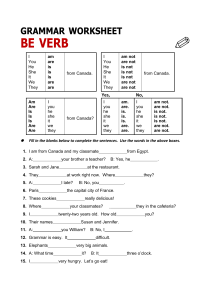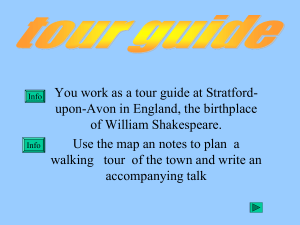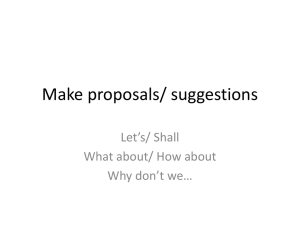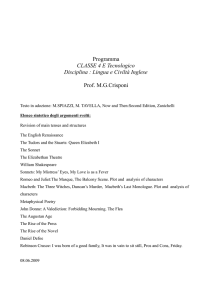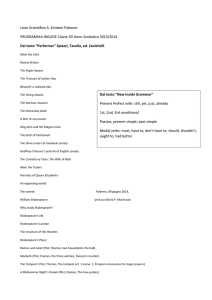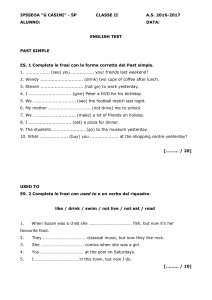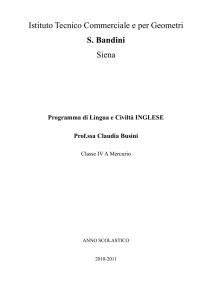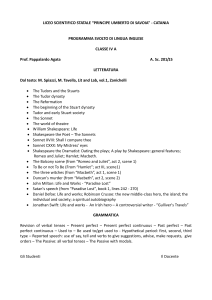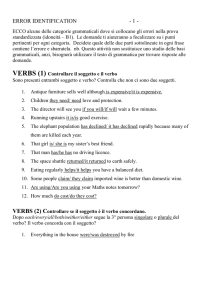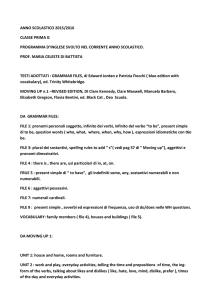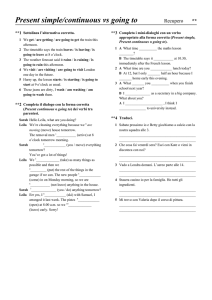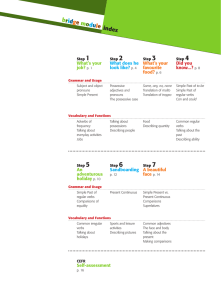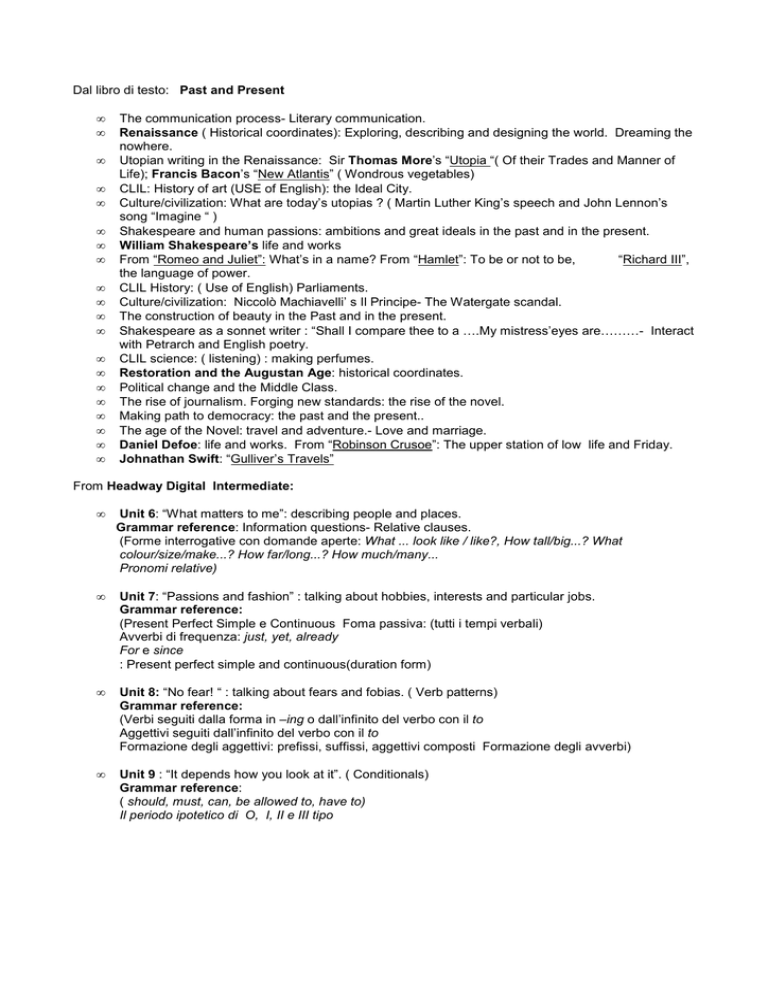
Dal libro di testo: Past and Present
•
•
•
•
•
•
•
•
•
•
•
•
•
•
•
•
•
•
•
•
The communication process- Literary communication.
Renaissance ( Historical coordinates): Exploring, describing and designing the world. Dreaming the
nowhere.
Utopian writing in the Renaissance: Sir Thomas More’s “Utopia “( Of their Trades and Manner of
Life); Francis Bacon’s “New Atlantis” ( Wondrous vegetables)
CLIL: History of art (USE of English): the Ideal City.
Culture/civilization: What are today’s utopias ? ( Martin Luther King’s speech and John Lennon’s
song “Imagine “ )
Shakespeare and human passions: ambitions and great ideals in the past and in the present.
William Shakespeare’s life and works
From “Romeo and Juliet”: What’s in a name? From “Hamlet”: To be or not to be,
“Richard III”,
the language of power.
CLIL History: ( Use of English) Parliaments.
Culture/civilization: Niccolò Machiavelli’ s Il Principe- The Watergate scandal.
The construction of beauty in the Past and in the present.
Shakespeare as a sonnet writer : “Shall I compare thee to a ….My mistress’eyes are………- Interact
with Petrarch and English poetry.
CLIL science: ( listening) : making perfumes.
Restoration and the Augustan Age: historical coordinates.
Political change and the Middle Class.
The rise of journalism. Forging new standards: the rise of the novel.
Making path to democracy: the past and the present..
The age of the Novel: travel and adventure.- Love and marriage.
Daniel Defoe: life and works. From “Robinson Crusoe”: The upper station of low life and Friday.
Johnathan Swift: “Gulliver’s Travels”
From Headway Digital Intermediate:
•
Unit 6: “What matters to me”: describing people and places.
Grammar reference: Information questions- Relative clauses.
(Forme interrogative con domande aperte: What ... look like / like?, How tall/big...? What
colour/size/make...? How far/long...? How much/many...
Pronomi relative)
•
Unit 7: “Passions and fashion” : talking about hobbies, interests and particular jobs.
Grammar reference:
(Present Perfect Simple e Continuous Foma passiva: (tutti i tempi verbali)
Avverbi di frequenza: just, yet, already
For e since
: Present perfect simple and continuous(duration form)
•
Unit 8: “No fear! “ : talking about fears and fobias. ( Verb patterns)
Grammar reference:
(Verbi seguiti dalla forma in –ing o dall’infinito del verbo con il to
Aggettivi seguiti dall’infinito del verbo con il to
Formazione degli aggettivi: prefissi, suffissi, aggettivi composti Formazione degli avverbi)
•
Unit 9 : “It depends how you look at it”. ( Conditionals)
Grammar reference:
( should, must, can, be allowed to, have to)
Il periodo ipotetico di O, I, II e III tipo

